|
|
|
|
Nau mai, haere mai.
As I write, New Zealand still has no formal government coalition agreement, let alone new ministers of health and education. But when those positions are announced, here’s an early suggestion: they should make a habit of talking to each other.
If you read Sarah Williams and Leon Benade on our hopelessly siloed health and education sectors, you’ll see why. Good health and good educational outcomes are inextricably linked. Healthy kids learn better, and better learning leads to better health and wellbeing in later life.
Closing that virtuous circle, Williams and Benade argue, should begin at primary school. The wisdom of integrating basic health services with early formal education – and requiring the respective ministries to cooperate by law in the interests of children – is backed up by years of international research and evidence.
Given the educational and health challenges faced by too many young New Zealanders, the authors write, “this less fragmented and more holistic approach would be more cost-effective than the present system which sees too many fall through the gaps.”
|

|
Finlay Macdonald
New Zealand Editor
|
|

Sarah Jill Williams, Auckland University of Technology; Leon Benade, Auckland University of Technology
New Zealand’s health and education sectors are largely siloed and separate. But all the evidence points to collaboration within schools leading to better health and educational outcomes for children.
|
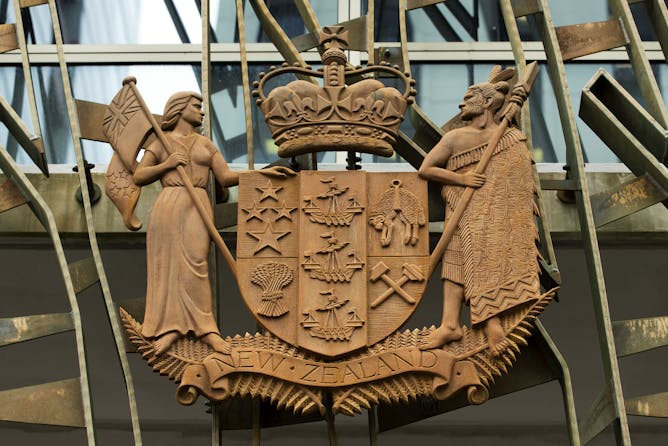
Allan Beever, Auckland University of Technology
Court decisions based on a judge’s discretion rather than the letter of the law are increasingly common. But this risks undermining some basic liberties.
|
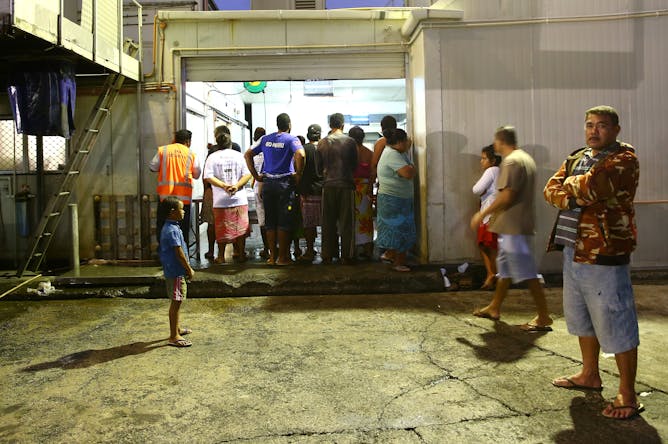
Apisalome Movono, Massey University; Regina Scheyvens, Massey University; Sophie Auckram, Massey University
The new government is likely to increase the numbers of workers coming to New Zealand on seasonal work schemes. But the impact on Pacific economies and communities is now too great to be ignored.
|
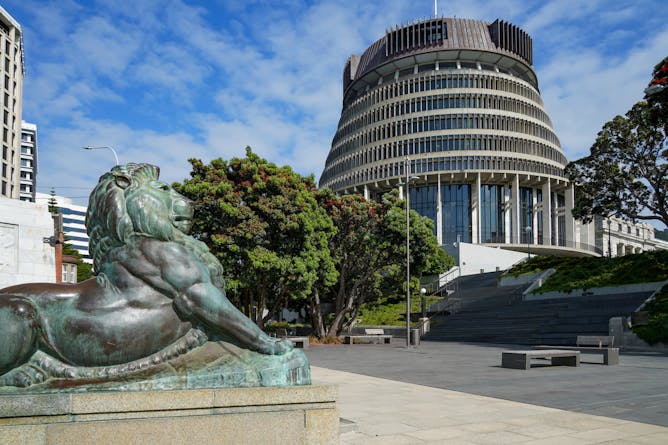
Alexander Tan, University of Canterbury; Neel Vanvari, University of Canterbury
While Māori have seen a steady increase in representation in parliament since the beginning of MMP, other ethnic minorities have experienced uneven growth. The new parliament will see a step back.
|

Mike Joy, Te Herenga Waka — Victoria University of Wellington
The idea that harm done today can be offset in the future is based on a basic misunderstanding of the carbon cycle. Planting more trees is important – but it’s no substitute for cutting emissions.
|

Mona Krewel, Te Herenga Waka — Victoria University of Wellington
We found the number of “big lies” – also known as fake news – didn’t increase in 2023 compared to 2020. But we did spot more “small lies” this time. Here’s what to look out for in coming elections.
|
From our foreign editions
|
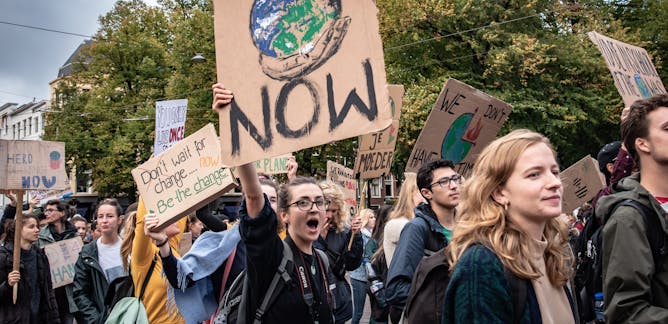
Celeste Young, Victoria University; Roger Jones, Victoria University
Climate denial is passe. But why do so many of us know the climate crisis is upon us – and live like it isn’t?
| |

Stephan Lewandowsky, University of Bristol; John Cook, The University of Melbourne
When people are pervasively disinformed, the very foundations of democracy can end up on shaky ground.
|
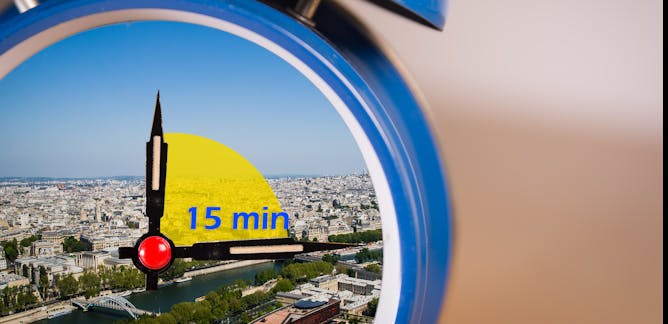
Ronald Norman Buliung, University of Toronto
The idea of the 15-minute city has become popular globally. But this approach relies on ableist assumptions and doesn’t reflect inclusive urban design.
| |

Guy Lamb, Stellenbosch University
Government departments, civil society groups and the private sector should pool resources and work together in a co-ordinated manner to prevent violent crime.
|

Libby Damjanovic, Lund University
A sad song coupled with a happy movie scene can become strangely memorable.
| |

Leo McCann, University of York; Simon Mollan, University of York
JFK’s leadership style has been hugely influential, acting as a model emulated by subsequent presidents including Ronald Reagan, Bill Clinton, and Barack Obama.
|

Aimee Pugh Bernard, University of Colorado Anschutz Medical Campus
Dietary supplements claim to be able to ‘boost your immune system’ to combat disease. But attaining immune balance through a healthy lifestyle and vaccination is a safer bet to keep in good health.
| |

Thomas S. Bremer, Rhodes College
The idea of Manifest Destiny inspired Americans to push west, leading to the creation of the first national parks. But those beliefs spelled removal for many Native American groups.
|
|
|
| |
| |
| |
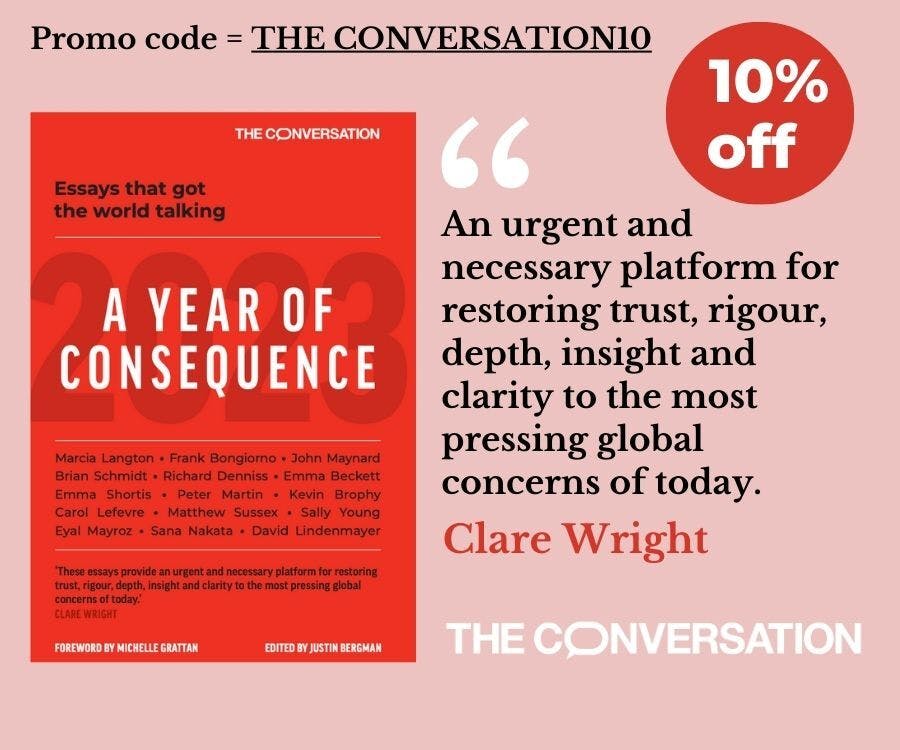
|
| |
| |
| |
| |
| |
| |
|
|
|
|
|
|
|